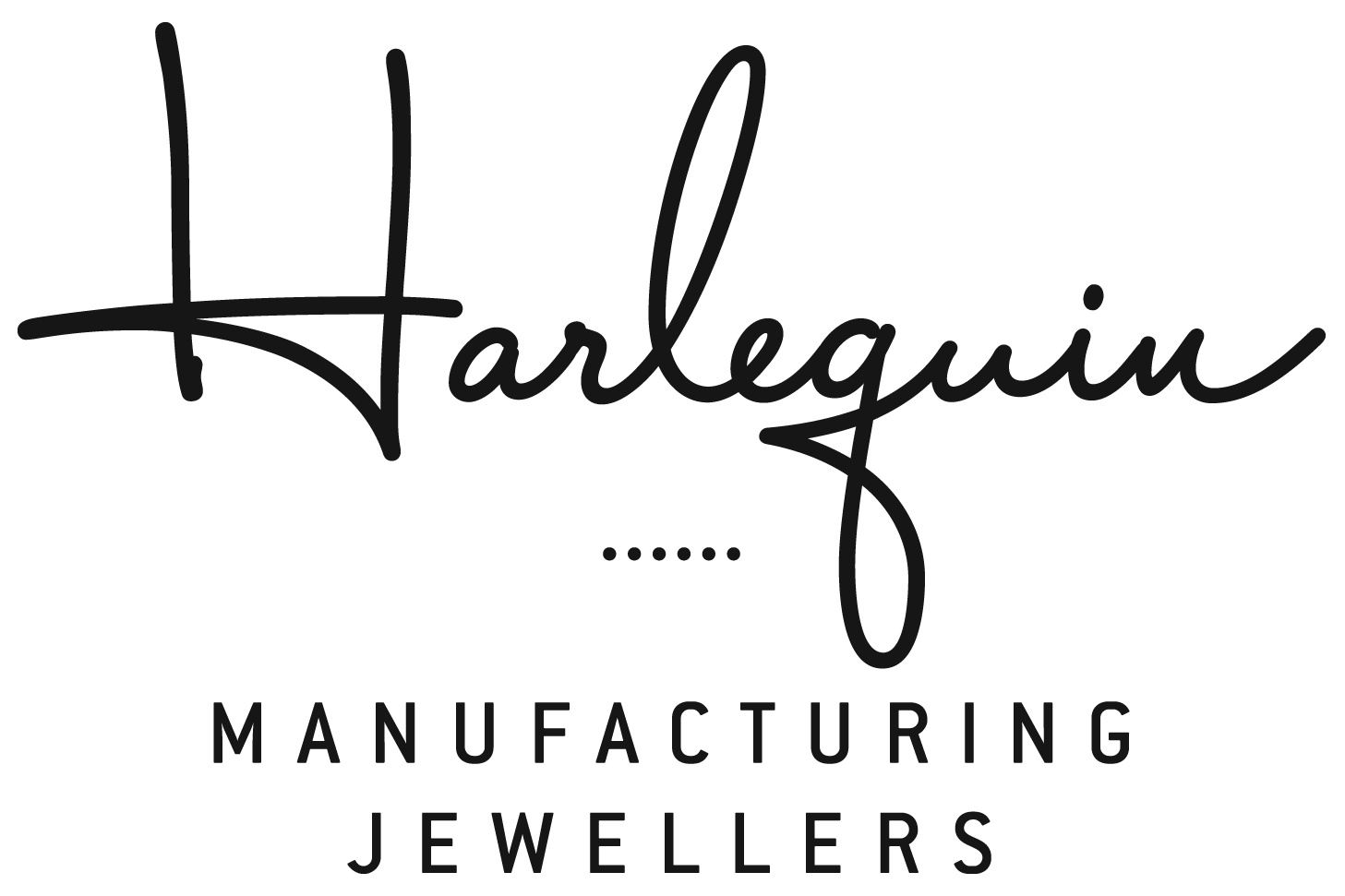Choosing between 9ct and 18ct gold for your engagement and wedding rings can be a tough call if you’re unfamiliar with these metals. It’s commonly heard that 9ct gold is ‘harder’, and therefore will last longer as a piece of jewellery. However, the properties of 9ct and 18ct gold are more complex than metal hardness alone.
To unravel this myth, let’s take a side step, and compare it to an everyday item we’re more familiar with - the humble dining table.
The difference between 9ct and 18ct gold, is similar to the difference between a hardwood and laminate dining table.
A hardwood dining table will set you back quite a bit more at the furniture store. It will show more surface marks with the daily humdrum of use due the nature of its surface, but these are easily taken care of with a little regular maintenance. Despite this, it’s stronger, sturdier, and more resilient to everyday life. In many years’ time, it’s likely this solid household staple will still be part of the family’s dinner time memories.
A laminate dining table, by comparison, will be far cheaper at the furniture store. It will initially hold up better to surface marks, so won’t need as much regular maintenance, though will damage more obviously and irreparably over time. A laminate table is more ‘brittle’ in construction, and won’t hold up as well to the demands of daily use as a sturdy hardwood table.
The difference between 18ct gold and 9ct gold when you wear it day to day holds many similarities to this example.
In this case, 18ct gold is much like the hardwood table, and 9ct gold is much like the laminate table.
An 18ct gold ring will set you back a bit more at the beginning, but will far outlast the same ring made in 9ct gold. While 18ct is softer and can mark more easily, scratches are easily taken care of with a polish every so often. For an engagement or wedding ring that you plan to wear most days, and keep for many many years, 18ct is the stronger choice.
A 9ct gold ring, by comparison, is cheaper than an 18ct ring, but won’t last as long (and in fact, considering its shortened life, often works out to be more expensive for the amount of wear you get out of it). It shows less surface scratches initially, but its brittle nature means it doesn’t hold up as well to regular wear and tear. In 9ct gold, a ring is unlikely to become a family heirloom.
Your choice of gold depends on how often you plan to wear your ring, and how long you wish to have it.
Everyone’s choices for a wedding ring and engagement ring is influenced by so many factors. So there’s no one right choice for everyone.
For some, 9ct gold may be a great choice if they’re on a tight budget at the time the choose to marry, don’t plan on wearing their ring much, or plan on upgrading their ring to a more sturdy one when they’re more settled in life.
For a ring that you plan to wear most days, and want to have in your life for many years (potentially even pass down as an heirloom if looked after), 18ct gold is unquestionably the stronger, longer lasting option.
Need more advice on what precious metal options are best for you, when choosing your engagement and wedding rings? Book an appointment to chat directly with a jewellery maker.




